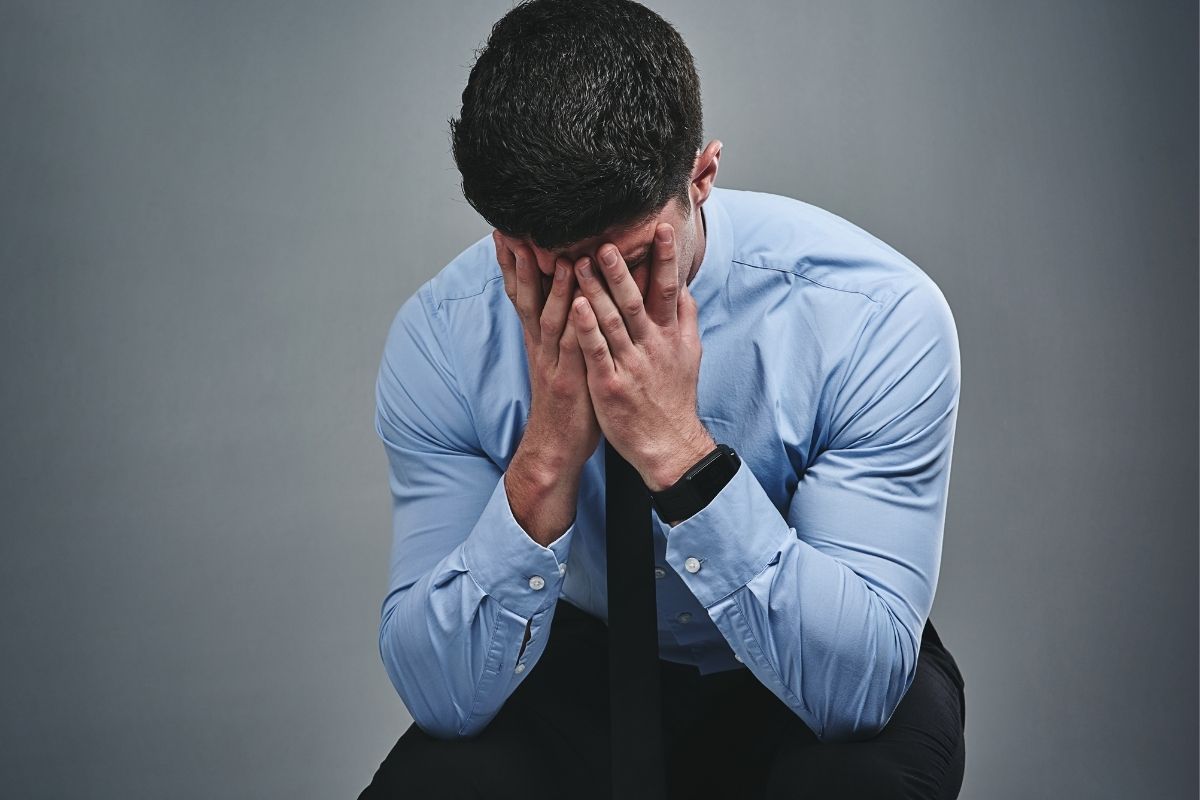How Long To Recover From Burnout

Bouncing Back from Burnout: How Long Does Recovery Take?
Burnout recovery isn’t a one-size-fits-all process. It’s as unique as you are!
Burnout hits you like a ton of bricks. It’s that feeling of being totally wiped out from too much stress at work or in your personal life.
You might feel:
• Overwhelmed
• Frustrated
• Angry
• Guilty
• Hopeless
• Worthless
• Powerless
Burnout isn’t just feeling tired after a busy week. It’s a whole different beast.
The signs of burnout look a lot like anxiety disorders such as generalized anxiety disorder (GAD).
People with GAD worry about everyday stuff like traffic jams. They might get nervous about:
• Taking the bus
• Using elevators
• Standing in line
• Talking to strangers
But folks with burnout act differently. They might:
• Face risky situations head-on
• Act more unpredictably than usual
Burnout can sneak up on anyone. It doesn’t care about your age, gender, race, or bank account.
Watch out for these red flags:
- Brain fog
- Body aches (headaches, tummy troubles)
- Mood swings
- Feeling emotionally drained
- Overworked and overwhelmed
- Can’t focus
- Lost interest in your job
- No motivation
- Feeling down in the dumps
Even seasoned therapists can hit the burnout wall. Many struggle for years after getting licensed. “Bridging the Mind-Body Gap with Psychiatric Mental Health Nursing” dives into the challenges mental health pros face.
Why Therapists Burn Out
Therapists face a perfect storm of stressors:
- Too many clients
- Long hours, little backup
- Low pay
- Tough clients
- Too much responsibility
- Bosses expecting miracles
- Office drama
- Not enough qualified therapists to go around
Taking a Break: How Long is Enough?
Feeling burned out after training? That’s normal. But if it keeps happening, you might be dealing with deeper issues like depression or anxiety.
**The best cure for burnout? Getting help.**
The American Psychological Association says to get treatment within a year of noticing burnout signs.
When to Reach Out
Three main types of therapy can help with burnout:
1. One-on-one therapy
2. Group therapy
3. Family therapy
They all take time and effort, but they’re worth it.
**How long should you take off?** Most pros say about six months. That’s usually enough time to heal. But if you need more, take it!
When you do go back to work, ease into it. Don’t jump in headfirst.
Healing After Half a Year
After a few months off, it’s time to see a therapist. Don’t wait too long, or it’ll be harder to bounce back.
Pick someone who knows burnout inside and out. A general therapist might not cut it.
Once you start therapy, take it slow. Build up your energy bit by bit. Focus on one thing each week and rest plenty.
Remember, it’s never too late to get help. Some therapists only take new clients after two years of practice, but others are always open.
Burnout-Proof Your Life
- Get organized and prioritize
- Find a burnout specialist
- Join a support group
- Make “me time” non-negotiable
You shouldn’t have to deal with mean coworkers or bosses. Everyone has struggles, but as long as you’re honest with your boss (and therapist), no one should doubt you.
Too Much Work + Stress = Burnout
Drowning in work? Talk to your boss or HR. They might need to hire more people.
Stressed 24/7? Take mini-breaks. Read a book, watch a movie, or jam out to your favorite tunes.
Get a Pro in Your Corner
Speak up if you think you’re burning out. Lots of counselors and therapists specialize in workplace issues.
They offer:
• Counseling
• Workshops
• Coaching
• Other support
These experts can help you figure out what treatment works best for you.
Pills for the Blues
A doctor should check you out before prescribing meds. Antidepressants can help with depression, but they’re not great for anxiety.
Why? They only mess with serotonin levels, which doesn’t always help anxiety.
If you’ve got both depression and anxiety, you might need a combo of meds.
**Watch out for side effects.** Some antidepressants can cause:
• Headaches
• Nausea
• Weight gain
• Dry mouth
Some meds, like Prozac and Zoloft, can have more serious side effects:
• Low blood pressure
• Stomach cramps
• Dizziness
• Constipation
• Throwing up
• Fainting
• Suicidal thoughts
• Sexual problems
• Higher risk of heart attack and stroke
Therapy Options
There are lots of ways to tackle depression, depending on what you’re dealing with.
Digging Deep: Psychodynamic Therapy
This therapy helps you figure out why you feel the way you do. It’s good for long-standing issues, but not great for postpartum depression.
Changing Your Thoughts: Cognitive Behavioral Therapy
CBT helps you spot and challenge negative thoughts. The best part? You don’t need endless therapy sessions. Just short weekly chats with a therapist.
Healing Trauma: EMDR
EMDR uses eye movements to help process trauma. It’s great for reducing nightmares and flashbacks.
Skills for Life: DBT
DBT is group therapy that teaches you to manage emotions and build better relationships.
Living in the Now: Mindfulness
Mindfulness is all about noticing your thoughts and feelings without judging them. You can practice anytime, anywhere!
Try apps like Headspace (for Android) or grab a book like “Mindfulness For Dummies.”
Breaking Bad Habits
When you’re depressed, it’s easy to fall into unhealthy habits like smoking, drinking, overeating, or using drugs.
These might feel good in the moment, but they’ll make things worse in the long run.
Instead of drugs, try meditation. It helps you focus on the present and can work wonders for your brain!
Wrapping It Up
Everyone knows about burnout, but not many talk about it. It’s never too late to open up and get help.
Ask yourself:
• Am I overworked?
• Do I dread my job?
• Is work stressing me out?
Don’t wait for things to get worse. Start taking care of yourself today!

Author: Michelle Landeros, LMFT
Michelle Landeros is a Licensed Marriage Family Therapist (LMFT). She is passionate about helping individuals, couples and families thrive.








